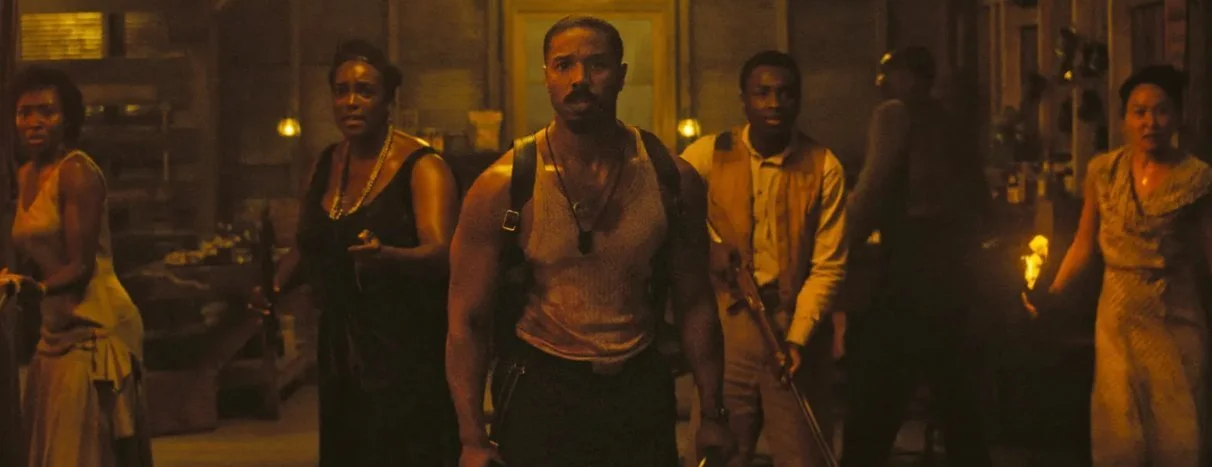As HBO/Warner Bros are locking up a cast for their ‘Harry Potter’ reboot, Pedro Pascal isn’t making things any easier for them in terms of optics.
Pascal, who starred in HBO’s“Last of Us,” has called for a boycott of all Harry Potter-related content, including the upcoming Warner/Max series, in response to J.K. Rowling's support of a recent UK Supreme Court decision that legally defined "woman" and "sex" as referring exclusively to individuals born biologically female.
Rowling celebrated the ruling, and that seemed to have triggered Pascal, who condemned Rowling's stance as "awful disgusting SHIT" and "heinous LOSER behavior" in a post on Instagram. He also endorsed activist Tariq Ra'ouf's call to boycott Harry Potter-related projects, emphasizing the importance of defending trans communities.
Pascal has been a vocal ally of the transgender community, frequently using his platform to advocate for trans rights. At the UK premiere of “Thunderbolts,” he wore a shirt reading "Protect the Dolls," a term of endearment for transgenderism. The shirt, designed by Conner Ives, was created in response to political attacks on transgender rights in the United States.
Rowling's comments on transgender issues have sparked controversy and led to calls for boycotts of her work, but Pascal’s recent comments might be the most ill-timed since Warner Bros is investing lots of money in their pricey ‘Harry Potter’ Max series, which plans to have each season tackle one book in the franchise.
The upcoming Max series is set to be one of the most expensive television productions ever, with a projected total budget of approximately $2 billion. This substantial investment will span seven seasons, each with an estimated budget of close to $300 million.
Recent casting choices have further polarized the upcoming series. The casting of Paapa Essiedu as Severus Snape has sparked debates about racial representation. Critics argue that altering the character's race could introduce unintended racial dynamics, while others view it as an opportunity for diverse storytelling. These discussions have led to accusations of "wokeness" and "forced diversity" from certain segments of the audience.






